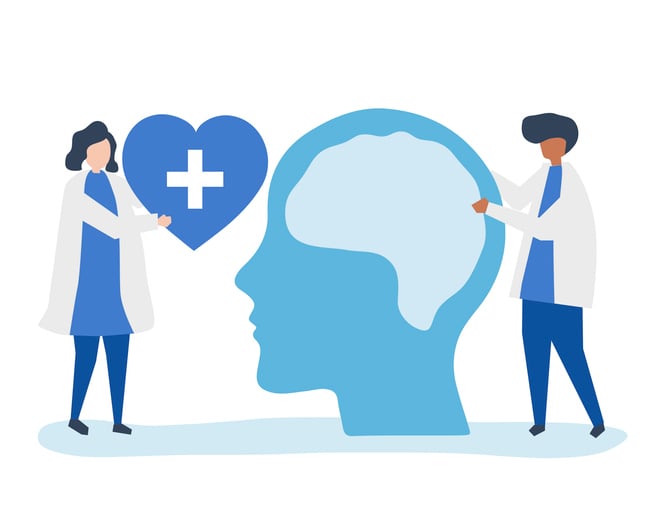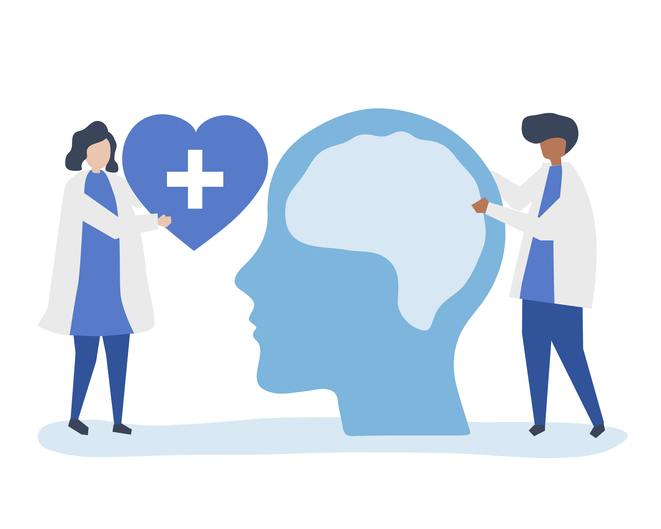 Approximately 56 million American adults are struggling with a mental illness or substance use disorder, according to the American Psychiatric Nurses Association (APNA).
Approximately 56 million American adults are struggling with a mental illness or substance use disorder, according to the American Psychiatric Nurses Association (APNA).
An article from mentalhealth.gov, shows the current mental health workforce shortage is projected to grow and would leave the country 250,000 professionals short by 2025.
Only 44% of adults and 20% of children in the U.S. receive the mental health and substance use care they need because there is a growing shortage of qualified professionals trained to provide timely and effective treatment.
This lack of treatment significantly contributes to one of the leading causes of death in the U.S, suicide.
According to the same mentalhealth.gov article, suicide is the 10th leading cause of death in the United States. It accounts for the loss of more than 41,000 lives each year, more than double the number of lives lost to homicide.
An article in the Journal of the American Medical Association (JAMA) discusses the increase in children under 18 going to emergency departments due to attempts of suicide or suicidal ideation.
One reason demand for mental health professionals has increased is because more Americans are gaining health coverage. It's the law per the Affordable Care Act that insurers can no longer deny coverage to people who have diagnosed mental illnesses.
Also fewer medical students are specializing in psychiatry because psychiatry jobs don't pay as well as other fields. Students facing high medical school debt are more likely to pick the jobs offering better pay.
There has also been a surge in substance use disorders and greater public awareness of mental illness. Increased public awareness means more people living with mental illness will seek treatment.
Healthcare providers and the medical community at large need to implement a more supportive environment for the psychiatry profession. There should also be increased compensation for psychiatry jobs and student loan forgiveness or free/low-cost psychiatry schooling.
Policy makers should support and enact quality mental health services that will improve public health, particularly populations who most often have no access to mental health services.







